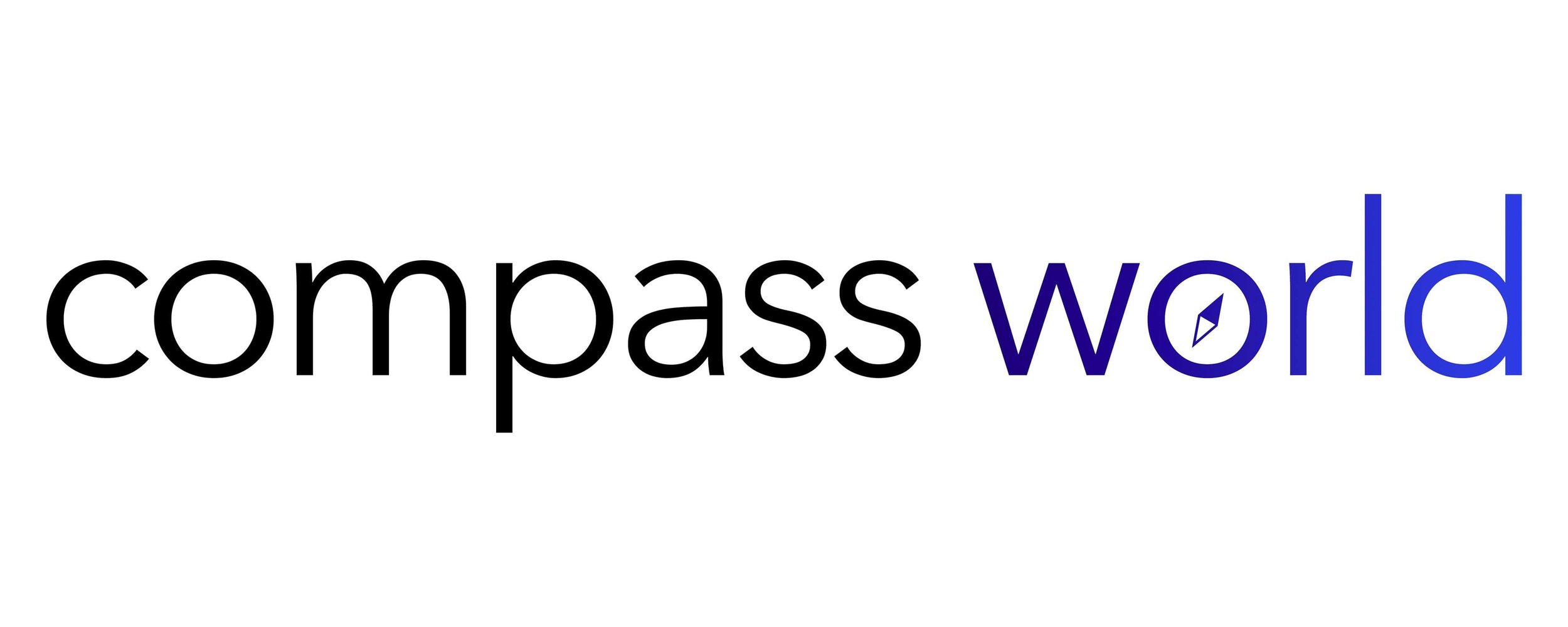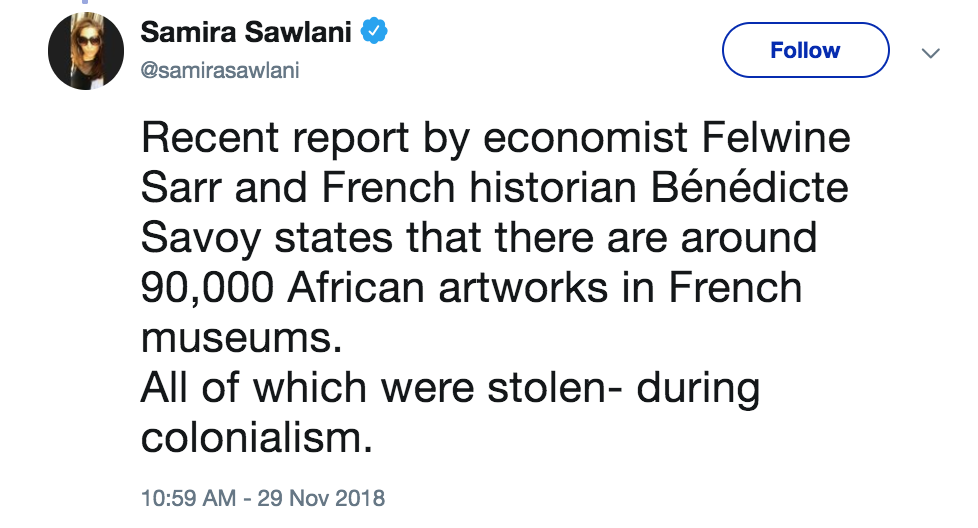Compass World: A Place to Park Your Cash
Breaking News
The District of Columbia’s seven-member Advisory Neighborhood Neighborhood Commission (ANC) 2A voted to rename a stretch of New Hampshire Avenue NW in front of the Embassy of the Kingdom of Saudi Arabia as Jamal Khashoggi Way. Khashoggi was a Washington Post opinion columnist and Saudi national who was murdered and dismembered inside the Saudi consulate in Istanbul. The CIA has concurred with the findings of Turkish law enforcement officials, who say that Khashoggi was murdered at the behest of Saudi Arabia’s crown prince, Mohammed bin Salman. The ANC is an advisory body, so the vote would need to be enacted as legislation by the D.C. Council in order to change the street’s name.
Latin America & the Caribbean
A LACk of Peace
According to an Inter-American Development Bank study published on November 29, Latin America and the Caribbean (LAC) accounts for 39 percent of the world’s murders and is the globe’s most violent region. In the past two decades, this amounts to more than 2.5 million murders, 75 percent of which have been committed using a firearm. Forty-one of the 50 most dangerous world cities are also located in the region, with the Caracas, Venezuela’s capital, rated the world’s most violent. The authors of the study blamed high homicide rates in the region on easy of access to firearms and the region’s highly developed organized crime infrastructure.
Indo-Asia-Pacific
From Afghanistan to New Zealand
The Legatum Prosperity Index, which was released on November 28, ranked New Zealand as the second best place in the world to live, after Norway. The small South Pacific island nation has been consistently rated as one of the best places to live over the past decade, ranking high in happiness, safety, and natural environment. The country was also ranked first for social capital, which measures the "the strength of personal and social relationships, social norms, and civic participation in a country." Overall, the index found that prosperity around the world is growing but not as fast in some places—like Afghanistan—which ranked last this year.
Middle East & Central Asia
Oh Man, Oman
Oman is not “too radioactive,” according to an announcement by the Ministry of Environment and Climate Affairs on November 29. Its radiation levels are well below accepted international standards, the Ministry said. A rumor, based on a research study circulated on social media earlier in the week, claimed that radiation levels in certain parts of the country were dangerously high, prompting calls for the government to investigate. Government investigators found that radiation in the areas the study reported as high was well below levels considered dangerous by international standards. The Ministry said that the research was “flawed” and told researchers to ensure scientific standards are met when publishing data.
Eastern Europe & Russia
Put(in) on a Condom
HIV diagnosis rates are rising at an alarming rate in Eastern Europe, according the European Center for Disease Prevention and Control and the World Health Organization (WHO). More than 160,000 new cases were reported in Europe in 2017, with over 130,000 of those being in Eastern Europe. The highest rate was in Russia, where 71 new cases were reported for every 100,000 people, compared to 6.4 for Western Europe. The WHO has been aiming to eradicate HIV in Europe by 2030 through its 90-90-90 program, in which 90 percent of all HIV positive individuals are diagnosed, 90 percent are provided with retroviral therapy, and 90 percent viral suppression in the treated population is achieved. The leader of the program at the WHO, Dr. Masoud Dara, has stated that the program is lagging in Eastern Europe and Central Asia. Dara blamed increased intravenous drug use and continued unprotected sexual contact.
Africa
A Place to Park Your Cash
An internal investigative report of the United Nations Refugee Agency concluded that millions of dollars appropriated for refugee relocation in Uganda has been misspent. Among the unnecessary expenditures, the report found that $11 million was spent on re-counting South Sudanese refugees that entered Uganda to weed out potential “ghost refugees.” The Ugandan prime minister’s office, which is responsible for the refugee program, has been a source of several “budget discrepancies,” the audit found. Tens of thousands of dollars was reportedly spent on repaving the parking lot at the prime minister's office. A spokesman for the Ugandan government and the Office of the Prime Minister declined to comment on the report.
Western Europe & Canada
This Time For Africa
A panel of art experts convened by French President Emmanuel Macron last year issued its final report that called on French museums to return all artworks taken from Africa without consent. Many European museum directors have criticized the findings, saying that African museums lack the proper resources to preserve the artifacts in question and do not provide sufficient opportunity for people to view them. Senegalese Minister of Culture Abdou Latif Coulibaly said at a November 27 press conference that Senegal is “ready to find solutions with France.” However, the minister stressed his belief that artifacts from Senegal belong to Senegal and called on France to return them all.
Writing contributed by Alex Lekan








